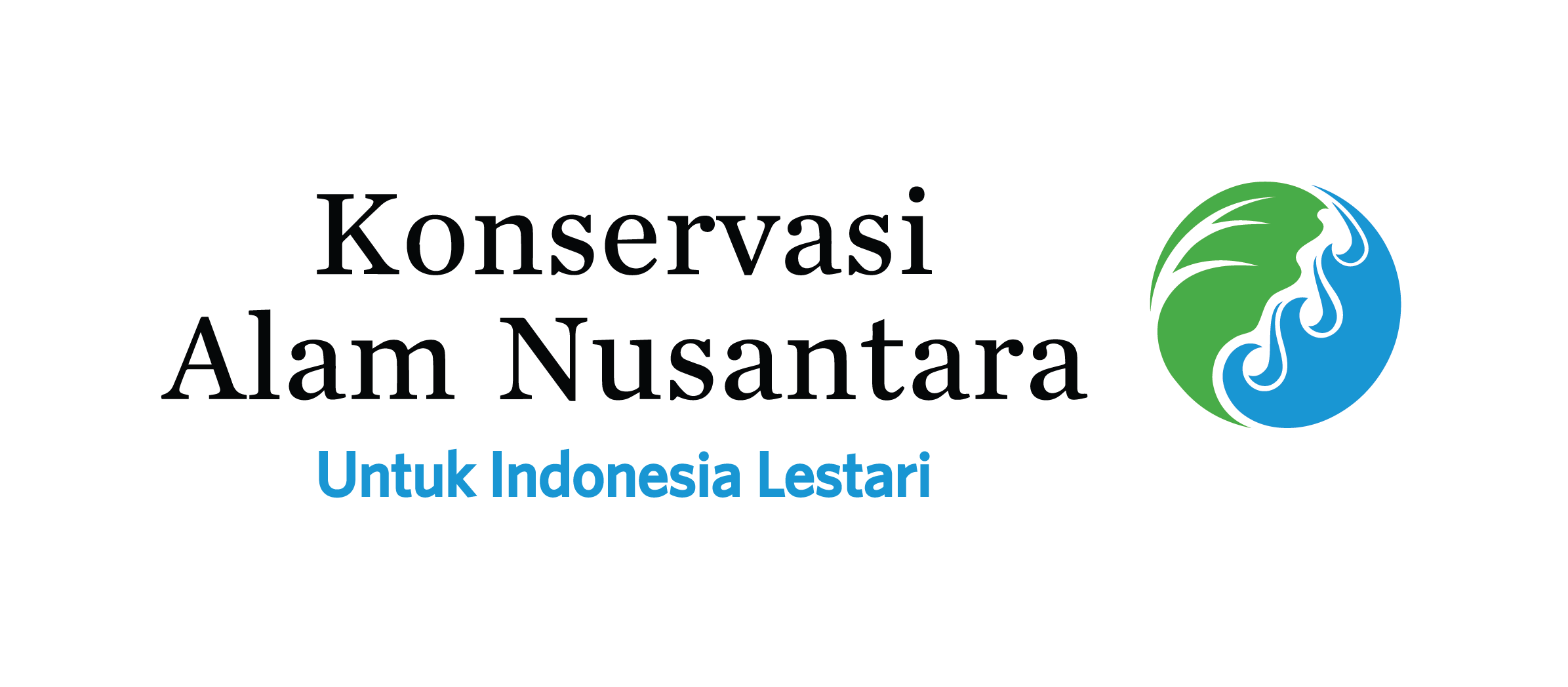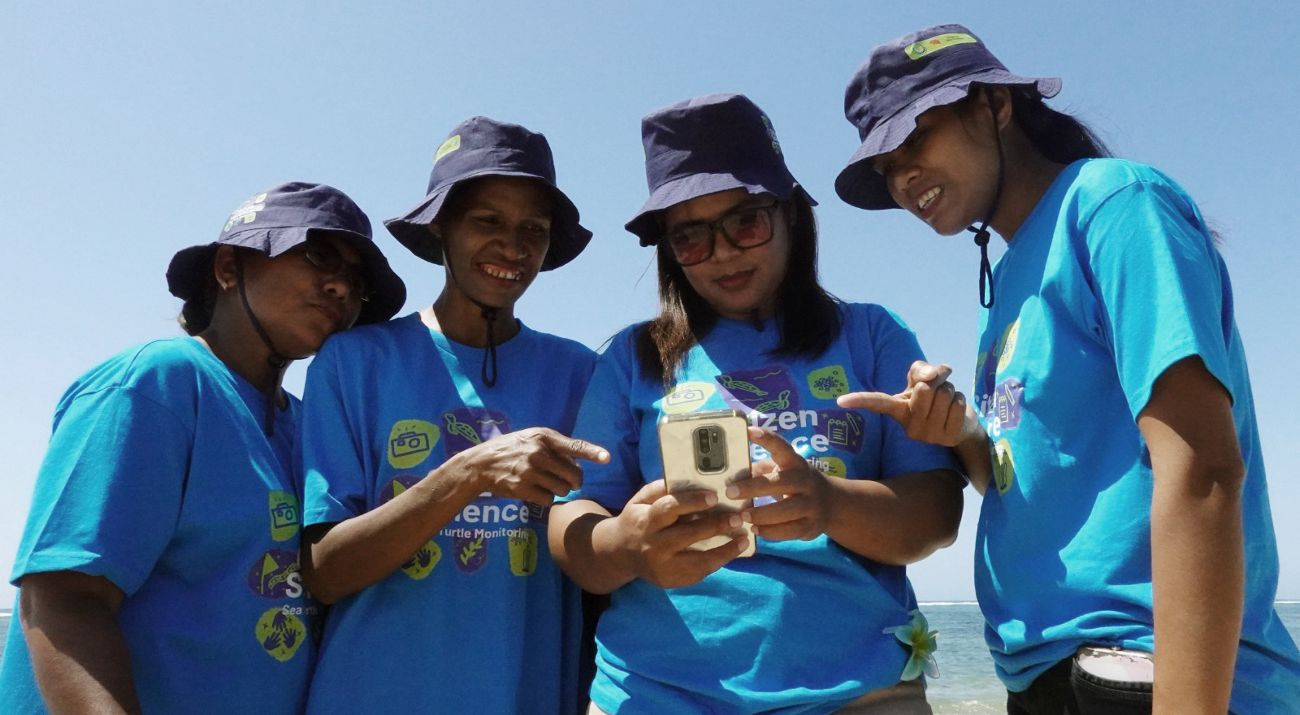
Media Contacts
-
Adia Puja Pradana
Communications Specialist Ocean Program YKAN
Yayasan Konservasi Alam Nusantara
Email: adia.pradana@ykan.or.id
Indonesia is home to six of the world’s seven sea turtle species: Green Turtle (Chelonia mydas), Hawksbill Turtle (Eretmochelys imbricata), Olive Ridley Turtle (Lepidochelys olivacea), Leatherback Turtle (Dermochelys coriacea), Flatback Turtle (Natator depressus), and Loggerhead Turtle (Caretta caretta). In the Savu Sea, turtles continue to come ashore frequently to nest, but increasing pressure poses a threat to their survival.
An initial survey conducted in 2016 by Yayasan Konservasi Alam Nusantara (YKAN) and the National Marine Conservation Area Center (BKKPN) Kupang across beaches within the Savu Sea Marine National Park recorded the presence of three turtle species that still nest there: Green, Hawksbill, and Olive Ridley Turtles.
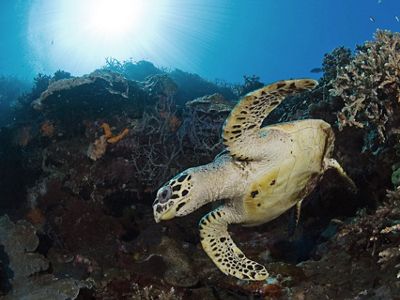
Unfortunately, their existence faces multiple threats. Turtle poaching and egg collection persist, and predation by domestic animals, such as dogs and pigs, further increases the risk of hatching failure.
Sand mining poses another significant threat to turtle nesting sites. This activity occurs on nearly all nesting beaches, leading to a drastic reduction in sand volume. Consequently, some previously active beaches have become hardened, filled with rocks and coral fragments, rendering them unsuitable for nesting. These conditions emphasize the crucial role of local community involvement in turtle conservation efforts.
To address these challenges, on 24–25 September 2025, YKAN and BKKPN Kupang organized a Technical Training on Monitoring Turtle Nesting Beaches in Deme Village, Sabu Raijua Regency. The program engaged local communities through a citizen science approach, positioning them as frontliners in safeguarding turtle populations in the Savu Sea.
“Turtles are charismatic species and serve as indicators of marine ecosystem health. Community participation is vital for successful turtle conservation. This activity is an important moment to foster a sense of ownership and responsibility among local communities toward their surrounding marine ecosystems,” said Imam Fauzi, Head of BKKPN Kupang.
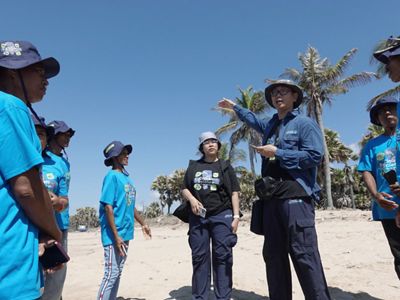
Thirty residents from community groups in Deme and Bodae Villages participated in the program, which aimed to strengthen local capacity in monitoring nesting beaches. Over two days, participants learned about turtle biology, life cycles, and threats.
In addition to classroom sessions, they practiced field activities: recognizing turtle presence, measuring tracks, identifying nests, and recording findings using an Android-based application. Through this method, locals become not only observers but active contributors to scientific data for turtle conservation.
“Through citizen science, communities can directly contribute real data from the field. This will form the basis for conservation management decisions, both locally and nationally,” explained Rizya Ardiwijaya, YKAN Coral Reef Specialist.
Beyond knowledge transfer, the program aims to inspire community groups that actively care for turtle conservation at the village level. These groups can continue monitoring turtle activity, protect beaches from threats, and spread conservation awareness to wider communities.
“In the past, we only watched turtles come and go without knowing what to do. After this training, I feel a greater responsibility to protect the beaches where turtles lay their eggs,” shared Daniel Tadjo Udju of Waduwalla Village, who had previously joined a similar program in 2024.
The initiative nurtures a sense of environmental stewardship, encouraging all community members to participate actively. “I’m glad to be involved. Using just my mobile phone, I can contribute to gathering crucial data for turtle conservation,” said Murti Reke Wahi from the women’s group in Deme Village.
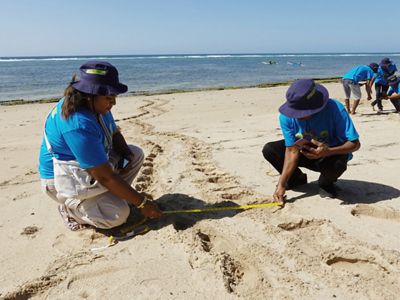
With new skills and enthusiasm, communities are now prepared to keep the Savu Sea a safe haven for turtles.
“We believe that turtle conservation cannot be done in isolation. By combining community knowledge, government and conservation partners’ support, and technological integration, we can ensure the sustainability of turtles—not only in the Savu Sea but also in other regions,” concluded YKAN Ocean Protection Senior Manager, Yusuf Fajariyanto.
Yayasan Konservasi Alam Nusantara (YKAN) is a scientific-based non-profit organization that has been present in Indonesia since 2014. With the mission of protecting lands and waters as life support systems, we provide innovative solutions to realize the harmony of nature and humans through effective natural resource management, prioritizing a non-confrontational approach, and building a network of partnerships with all stakeholders for a sustainable Indonesia. For more information, visit ykan.or.id.
